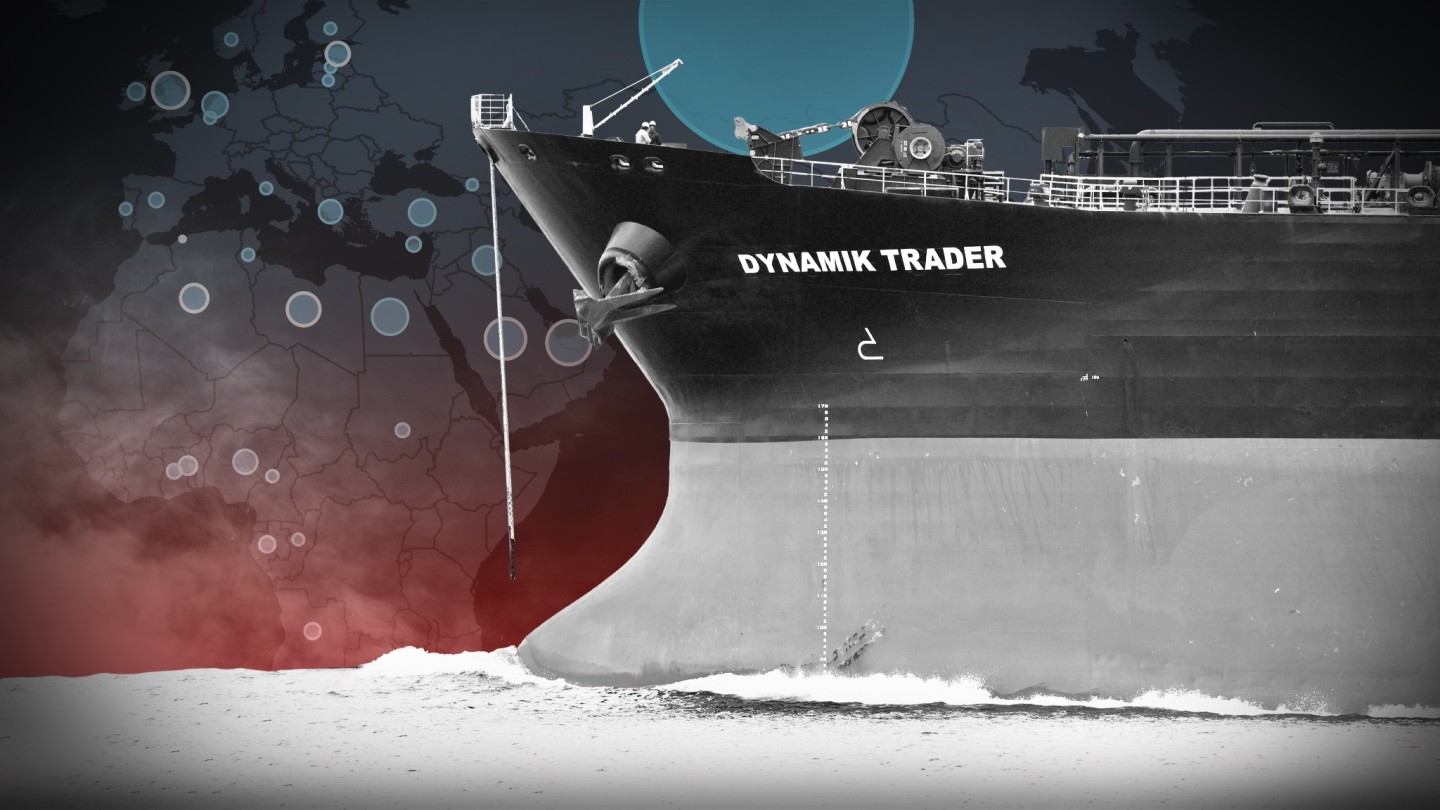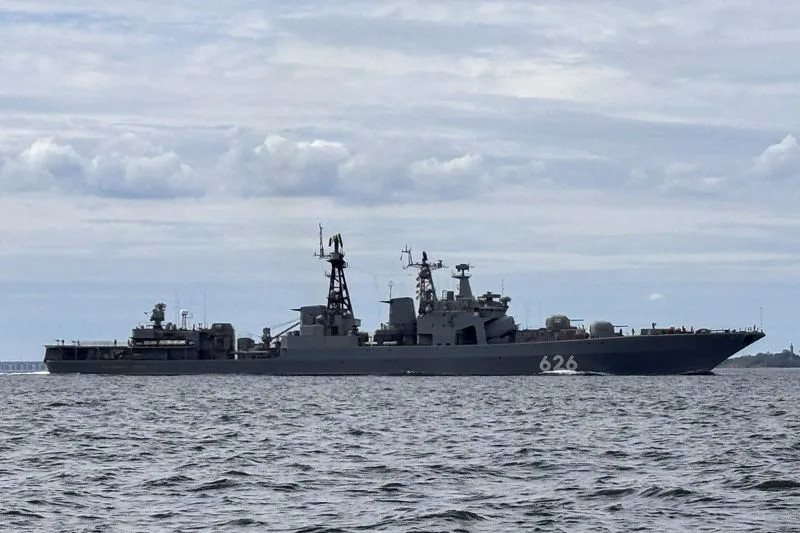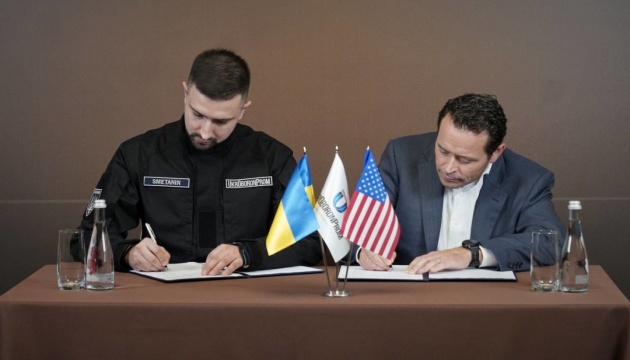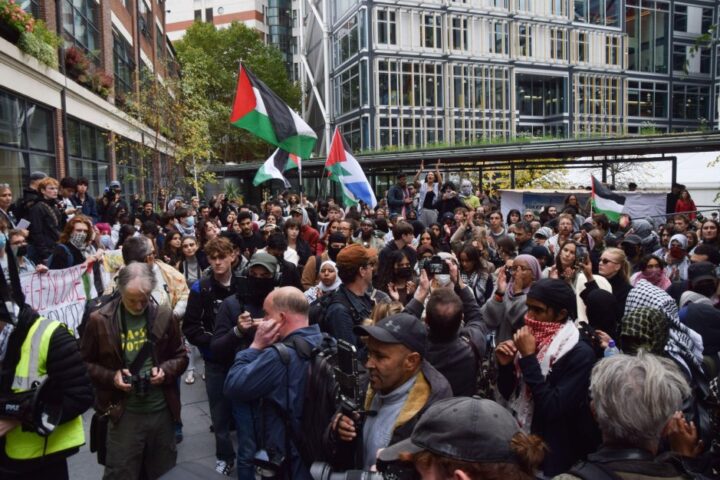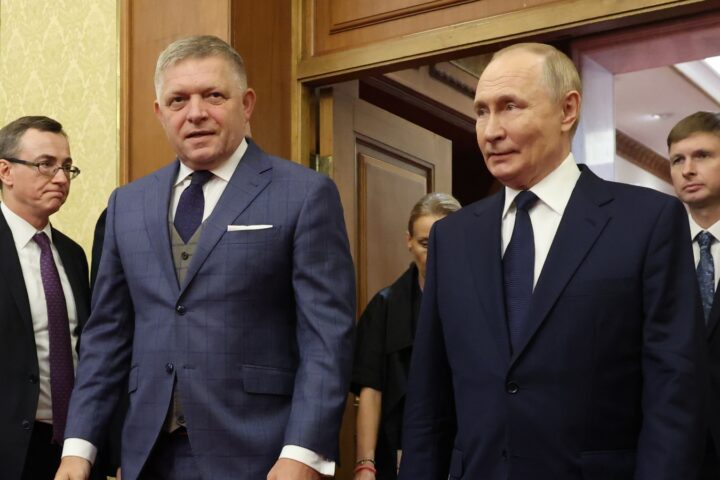A joint investigation by Politico and SourceMaterial has exposed that Russia’s so‑called “shadow fleet” has been deliberately discharging oil into European seas, circumventing sanctions and prohibitions on servicing such vessels. Over the past year, at least five sanctioned Russian tankers linked to sanctions evasion have left traces of oil spills near Europe’s coasts, raising environmental and security alarms.
Sanctions and the rise of the shadow fleet
Following Russia’s full‑scale invasion of Ukraine in 2022, G7 countries implemented a price cap on Russian oil exports that affects nearly a quarter of Moscow’s budgetary revenues. In response, Russia has mobilized the “shadow fleet” — an extensive network of aged tankers operating without transparency to transport crude oil. According to The New York Times, these vessels account for around 17% of the global oil tanker fleet, with Lloyd’s List Intelligence estimating their number at about 1,300 ships.
Many of these vessels are in poor condition, uninsured, and operate beyond the oversight of international regulators, significantly increasing the risk of large‑scale spills. The Centre for Research on Energy and Clean Air (CREA) estimates that cleaning a major spill could cost €1.4 billion, a burden likely to fall on European taxpayers if ship owners cannot be identified.
Environmental damage and hybrid risks
The shadow fleet’s operations are linked not only to repeated oil spills but also to damage to undersea infrastructure in European waters, notably the Baltic Sea. President of the European Commission Ursula von der Leyen confirmed that the 19th sanctions package will impose restrictions on an additional 118 vessels linked to the shadow fleet, bringing the total EU‑sanctioned ships to over 560.
French President Emmanuel Macron highlighted that oil trading via the shadow fleet yields over €30 billion annually for Russia’s budget. He also warned that these vessels increasingly serve hybrid warfare purposes, potentially conducting reconnaissance or sabotage under commercial cover. Authorities suspect that the detained tanker Boracay (also known as Kiwala and Pushpa) may have launched drones near Copenhagen Airport.
Coordinated European response
President Macron announced plans for an imminent meeting of European chiefs of defense to address the threat posed by the shadow fleet. He emphasized that member states “have decided to move forward by adopting an action plan to prevent suspicious vessels from operating in our waters.”
Denmark is intensifying controls over oil tankers, introducing more environmental inspections to ensure compliance and measuring sulphur content in fuel by year‑end. These checks will inform updated sanctions lists.
Experts stress that combating the shadow fleet will require targeted sanctions against ship captains, crews, and owners involved in sanctions evasion, alongside measures against oil‑loading infrastructure in the Baltic and Black Seas. Restricting “flag of convenience” states is also crucial, as their involvement effectively legitimizes Russian schemes that fund the war in Ukraine.
Strategic implications for Europe
The shadow fleet exposes systemic gaps in sanctions enforcement and underscores Russia’s adaptability under economic pressure. For Europe, addressing this challenge demands a coordinated strategy combining maritime surveillance, environmental safeguards, and targeted sanctions. Failure to act risks not only environmental catastrophe but also further erosion of sanctions’ effectiveness and maritime security.
